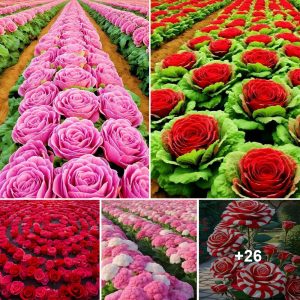Nestled amidst the lush landscapes of China, Lao Tzu’s resting place stands as a testament to both the physical and spiritual beauty that defines this sacred site. As the revered philosopher and founder of Taoism, Lao Tzu’s final abode exudes tranquility, inviting seekers and admirers to explore the profound serenity that surrounds his resting place.

Lao Tzu’s resting place, situated in the tranquil mountains of Henan Province, captures the essence of timeless wisdom and harmonious existence. Surrounded by undulating hills and adorned with ancient trees, the site resonates with the quietude that mirrors the teachings of the Tao. The beauty of this location lies not only in its physical attributes but also in the spiritual aura that permeates the air.

The architecture of the resting place itself is a testament to the simplicity and elegance that defined Lao Tzu’s philosophy. A modest shrine, draped in the hues of nature, pays homage to the sage whose teachings emphasized the importance of humility and living in harmony with the natural order. Visitors are greeted by a sense of calm as they approach, allowing for contemplation and introspection.

As one ventures through the grounds, ancient stone pathways lead to vantage points that offer breathtaking views of the surrounding landscape. The beauty of Lao Tzu’s resting place extends beyond the physical structures; it is found in the unspoiled vistas that stretch as far as the eye can see, encouraging a deep connection with the rhythms of nature.

The meticulously tended gardens surrounding the resting place are a canvas of seasonal beauty. Blossoming flowers, lush greenery, and carefully arranged rocks contribute to the overall aesthetic appeal. Each element is thoughtfully placed to echo the principles of balance and harmony, creating an immersive experience that aligns with the essence of Taoist philosophy.

Lao Tzu’s resting place is not merely a historical site but a living testament to the enduring legacy of his teachings. Pilgrims and seekers from around the world come to pay their respects, seeking inspiration from the serene surroundings. The beauty of the site lies in its ability to awaken a sense of introspection and to connect visitors with the timeless wisdom encapsulated in Lao Tzu’s philosophy.

In the heart of China’s picturesque landscapes, Lao Tzu’s resting place stands as a sanctuary of beauty and wisdom. The quietude, simplicity, and harmonious design of this sacred site invite all who visit to immerse themselves in the teachings of Taoism and to appreciate the enduring beauty that springs from a life lived in alignment with nature’s rhythms.






